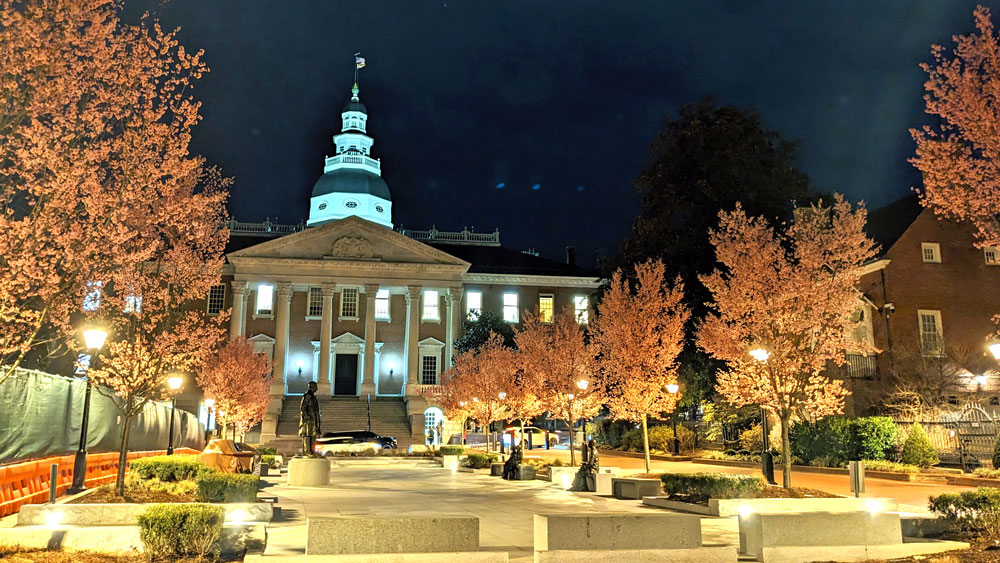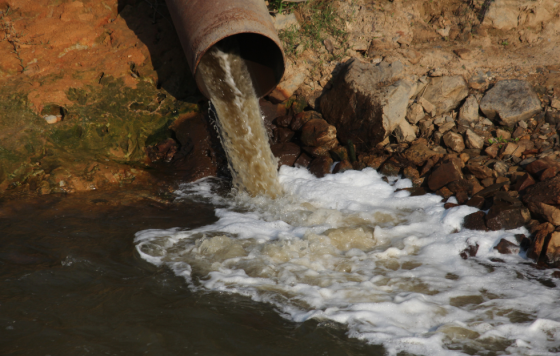
Every year, Maryland's General Assembly meets for just 90 days at the beginning of the year. This year Maryland had a new governor, which meant that the General Assembly also had to appoint new secretaries for all of our agencies. It was a busy, hectic legislative session, and it just ended on Monday! We've been hard at work lobbying and organizing for clean air, clean water, and healthy communities. Here's how our top priorities fared!
❌ Reclaim Renewable Energy Act: HB718/SB590, sponsored by Delegate Stewart and Senator Lewis Young, would have fixed a longtime environmental injustice in Maryland: that polluting facilities like trash incinerators, factory farm waste digesters, and woody biomass burning facilities get subsidized as "renewable energy," even though they emit greenhouse gases and harm the health of nearby communities. This greenwashes these harmful facilities and wastes money from our energy bills that should be going to support the new wind and solar development we actually need. Despite statements of support in previous years and the direct support of Baltimore City, Montgomery County, and Frederick County governments, legislative leaders failed to move this important bill for yet another year.
✅On-Farm Composting: To transition Maryland away from burning and burying our trash, our local governments need to do a lot of work - and the state needs to step up and support. Composting is one of the biggest-impact and most cost-effective ways to move toward Zero Waste, sequestering carbon from food waste in the soils instead of allowing it to become carbon emitted from smokestacks or methane leaking out of landfills. This year, we passed HB253/SB262, sponsored by Delegate Shetty and Senator Gallion, allowing farmers to accept more food scraps into their compost piles: a win-win-win for the climate, zero waste, and farmers!
✅Zero Waste Planning: Eight of Maryland's 24 counties (including Baltimore City) use the Northeast Maryland Waste Disposal Authority, a quasi-state agency that was created in 1980 to build and finance trash incinerators, to assist with their solid waste management and planning. The Waste Disposal Authority is outdated for Maryland's current needs, and a recent state commission recommended that Maryland conduct a Sunset Review to evaluate how and whether it fits into Maryland's future. We passed HB161, sponsored by Delegate Korman, so that this Sunset Review will happen!
✅Transportation Equity: Last year, the legislature passed the Transportation Equity Act with flying colors - but Governor Hogan vetoed it at the last second. The General Assembly passed it again this year as HB9/SB19, sponsored by Delegate Ruth and Senator Carter, with an update incorporating protections for disabled Maryland residents. The Transportation Equity Act makes equity a primary goal of the Maryland Transportation Plan and requires data-driven analyses of major spending and service changes to ensure that this principle works out in practice.
🙂Community Air Quality Monitoring: The air we breathe is instrumental to our health. We worked on HB473 with Delegate David Fraser-Hidalgo, which would have set up a network of air quality monitors around the state and started a study on how to incorporate that data into future permitting decisions. The legislature did not pass the bill, but did put language and money into the budget to begin planning for better air quality monitoring.
🙂Safer Septic Systems: Clean Water Action has long worked on modernizing and improving septic system management in the state. Currently, septic system information is stored differently on a county by county basis. What information is available and how to access this information is varied and can be difficult to navigate. HB831 would have required the Maryland Department of the Environment to create a centralized database of septic systems in the state. After conversations with the Department, sponsor Delegate Stein withdrew the bill, and the Department committed to the first step of this process: figuring out the lay of the land for what data exists, in what form, and how to move forward.


